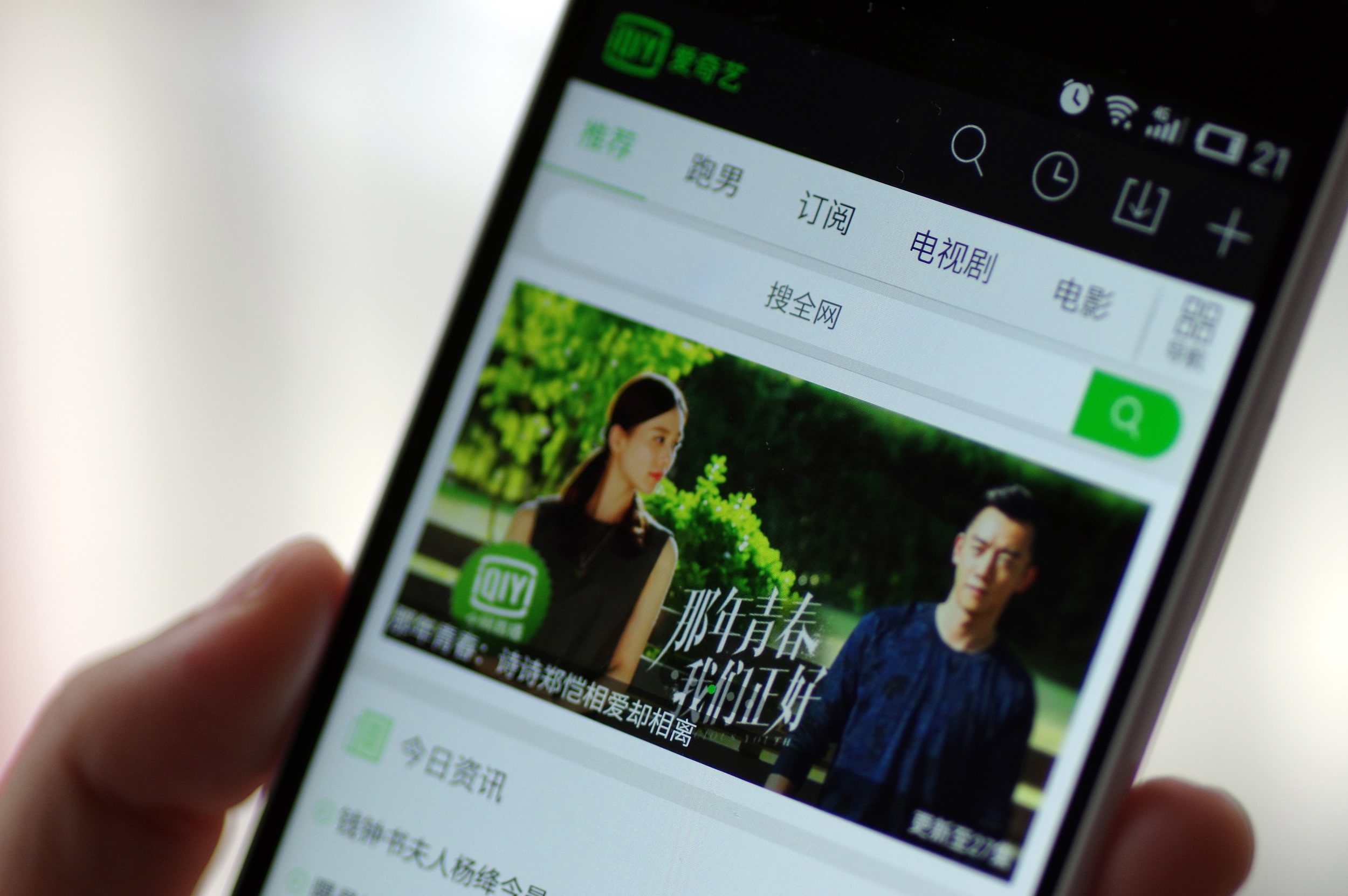
Business
15:55, 23-Jan-2018
Netflix worth US$100bn despite missing out on Chinese market
CGTN's Nicholas Moore

American streaming giant Netflix saw its market capitalization soar past 100 billion US dollars on Monday, on the back of impressive data showing rising subscriptions around the world.
Profits tripled in 2017 as Netflix expanded across 190 countries and regions and moved into original content, producing several hugely popular series.
The decision to pull away from entering the Chinese market in October 2016 now looks like a wise move, allowing Netflix to focus its attention elsewhere. In the US it has been particularly strong, with more than half of all households connected to broadband using the service.

Streaming platforms like Netflix have changed the way people watch films and television. /VCG Photo
Streaming platforms like Netflix have changed the way people watch films and television. /VCG Photo
By the end of 2017, more than 117 million users worldwide were paying for Netflix, with analysts pointing at how the company’s investment in new, big-budget original content has been linked with a surge in subscribers.
Shows like "The Crown", "Stranger Things", "Black Mirror" and 90 million US dollar movie "Bright" correlated with a 6.36 million-strong surge in subscribers in the last quarter of 2017.
Netflix is set to continue investing in original movies and series as it looks to fend off competition from other streamers such as Amazon Prime and Disney, which has promised to pour money into online streaming and pull its content from other platforms.
Why is Netflix not in China?
Despite the unprecedented success of Netflix, there is still an enormous market in China that it is missing out on. In 2016, Netflix told shareholders “the regulatory environment for foreign digital content services in China has become challenging,” and decided to abandon plans to enter the market on its own.
However, Netflix didn’t give up altogether on China. In April last year it signed a licensing agreement with iQiyi, allowing the domestic streaming platform to broadcast some Netflix content to more than 500,000 subscribers.

iQiyi's mobile app has been downloaded 610 million times in China, second only to Wechat. /VCG Photo
iQiyi's mobile app has been downloaded 610 million times in China, second only to Wechat. /VCG Photo
Still relatively unknown outside of China, iQiyi is controlled by Baidu and reportedly had around 60 million paying subscribers by the end of 2016, which would put it ahead of rivals Youku (owned by Alibaba) and Tencent Video.
The effect of streaming on how video content is produced and watched has been felt not just in the West but also in China, with iQiyi and other platforms investing heavily into original series and movies.
"The Rap of China" was one of 2017’s most popular series, and it was all the more remarkable for being an iQiyi exclusive production. The show cost some 250 million yuan (38 million US dollars) to produce, and attracted some 2.6 billion views on the platform.
Tencent Video is set to produce eight times more original content this year than it did in 2016, while Youku is also looking to focus on more original series than ever before.
However, while the new platforms have proven popular with users, iQiyi, Youku and Tencent Video are all operating at a loss. A report by Jefferies Equity estimated that iQiyi made losses of 1.6 billion yuan (250 million US dollars) in 2017, and might only break even in 2018.

China has seen several online streaming platforms emerge in recent years. /VCG Photo
China has seen several online streaming platforms emerge in recent years. /VCG Photo
IFR Asia reported last week that iQiyi could be on course for an IPO in the US in 2018, suggesting it was looking to raise one billion US dollars. iQiyi has not commented on the IPO plans, but was the subject of speculation last year, when Bloomberg suggested it would float in the US and look to raise eight billion US dollars.

SITEMAP
Copyright © 2018 CGTN. Beijing ICP prepared NO.16065310-3
Copyright © 2018 CGTN. Beijing ICP prepared NO.16065310-3